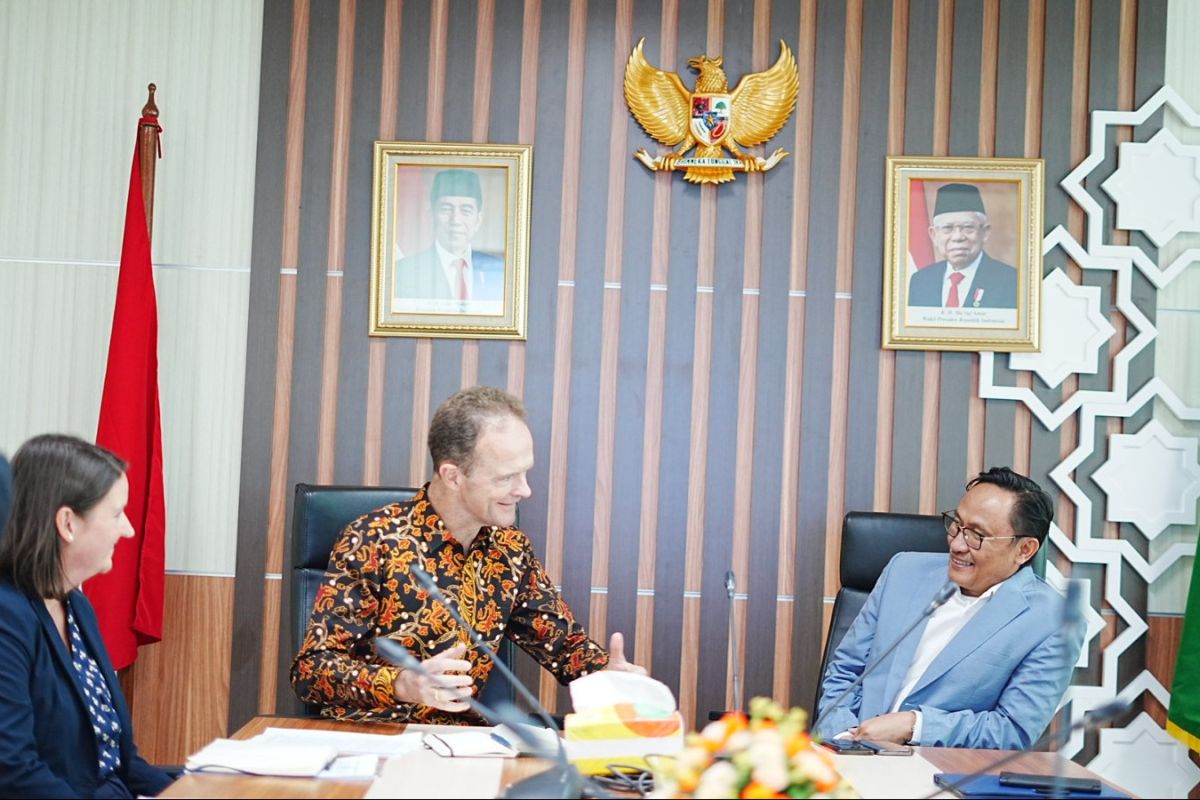 HALAL goes beyond the geographical Mindanao and other Muslim areas and is slowly becoming mainstream across all regions in the Philippines.
HALAL goes beyond the geographical Mindanao and other Muslim areas and is slowly becoming mainstream across all regions in the Philippines.This was the statement of Department of Science and Technology (DOST)-6 Regional Director Rowen R. Gelonga in his opening remarks during the presentation of research results in Halal Training Needs Assessment last January 23, 2019 at District 21 Hotel, Iloilo City.
Gelonga said the Halal program is not just a recognition of the commercial or business potential of the Halal industry, but is also an acknowledgment that it is part of the culture and the lives of the Filipino people.
Halal refers to what is permissible or lawful in traditional Islamic law. It is frequently applied to permissible food and drinks.
Gelonga said Filipinos might see the commercial value of the Halal market and that many also accept and find Halal standards beneficial to them.
Meanwhile, DOST XI Regional Director and project leader of DOST Halal S&T Program, Dr. Anthony C. Sales, introduced the work plan for Halal Training Needs Assessment Program for 2019, the result of which will be used in the development of training modules and learning tools depending on the type of target audience.
Through this, resources can be properly allocated to sectors where they can contribute the most to human capital.
Dr. Sales included in the work plan the possibility of piloting the “Block Chain” system in the Halal Traceability Framework. Block Chain is a secured links of databases that does not require server and not hackable that can trace the disputes in the market.
He highlighted the aim for at least two laboratories to be accredited by PAB and targets to be recognized by Dubai Municipal Government as many of the products are going to Middle East region through Dubai.
The Training Needs Assessment (TNA) of the DOST Halal S&T Program aims to assess the knowledge gap of various stakeholders on the Halal industry. Nationwide focus group discussion and workshop aimed to extract ideas from various sectors and stakeholders in the development and improvement of Halal industry in the country.
As a member of the Philippine Halal Export Development and Promotion Board, DOST shall:
- -assist in the improvement and development of facilities,
- -provide training and education,
- -identify State Universities and Colleges (SUCs) and private Higher Education Institutes (HEIs) that can cater to Halal research, and
- -impart scientific and technical knowledge on Halal standards, and conduct laboratory analyses to verify the claims of Halal products.
In reference to DOST Memo Circular 010 Series of 2016, the agency’s task is to provide science and technology assistance and training in support to the Halal industry as well as support and conduct of R&D activities on Halal to improve industry competitiveness and verification on Halal claims.
Ultimately, the agency aims to make ISO-accredited Halal testing and verification laboratorieswhich is compliant to industry standards and requirements for the worldwide acceptance of Philippine-made Halal products and services. (DOST-6/JRAGabiota)



